Three thriving businesses and three inspiring entrepreneurial stories.
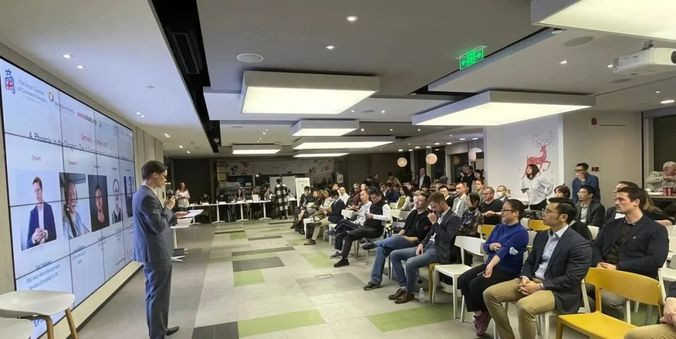
On the evening of 25th March, the second edition of BritCham Shanghai’s ‘A Phoenix in the Dragon’s Den’ event was held at the KPMG Shanghai office. The event, co-hosted with Benelux Chamber of Commerce, SwissCham Shanghai, Finnish Business Council Shanghai (FBCS), MayCham Shanghai, Swedish Chamber of Commerce in China and Canadian Chamber of Commerce in Shanghai, saw a panel moderated by Chinaccelerator’s Managing Director Oscar Ramos featuring founders of three thriving startups: Atiom, Buzzkid, and xixilab.
The event was structured to enable attendees to put on their investor-hat for the evening and hear the startups pitch their businesses, followed by the panel discussion diving deep into the founders’ entrepreneurial journey. Summarised below are the key learnings from an interactive and insightful panel discussion.
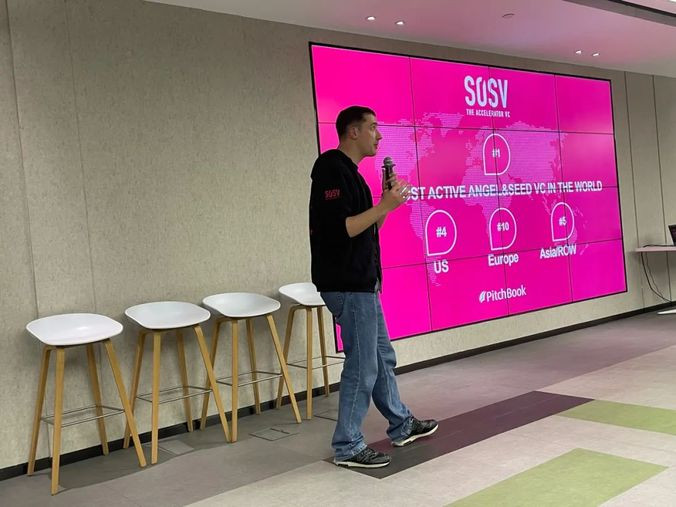
The treacherous startup path: What makes people want it?
It is common knowledge that most startups fail and never see the bright light at the end of the tunnel. However, that does not deter many to go down the uncertain path of becoming a startup founder. The question, although, remains, “what fires that drive in certain individuals to choose the startup lifestyle?”.
For some, it comes from the curiosity of trying out new things or simply identifying a lucrative prospect while some recognise the need for something that is more personal. Our three founders on-stage, having all held prestigious positions in large corporates, shared their stories on their motivations to pursue their ideas.
Lucas Englehardt, Founder and CEO of xixilab – direct-to-consumer teeth straightening with invisible braces and home teeth whitening – started his career at PwC but his motivations to move to China eventually led him to identify a missed opportunity in the oral healthcare industry in China.
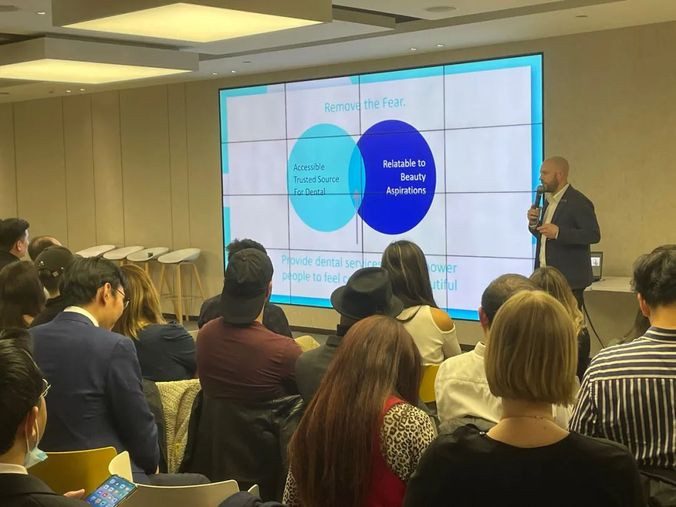
Shirley Wang, co-founder of Buzzkid, a conversation-based language-learning app empowering teenagers and young people across the world, was a VP at English First, an international education company specialising in language training. Her motivations to leaving a prominent job and starting her own company came from identifying an issue that affected her personally. She realised that her daughter and kids everywhere in China still underwent the same curriculum of learning English that she did, which she believes is a very inefficient method given the technological advancements and rapid changes that are still not reflected in the education industry.

Finally, Matt Spriegel, Founder of Atiom, a mobile app that builds habits for everyday fun learning with bite-sized lessons, experienced first-hand how week-long corporate training bootcamps, were cost-heavy, monotonous and with no tangible measure of real impact on employees’ understanding of SOPs. He saw real potential for change and decided to flip the hundreds of ppt slides in a corporate boardroom for a bite-sized gamified mobile app that instead of just being done over a week could be used by employees every day to get a better understanding of the business and operating procedures.
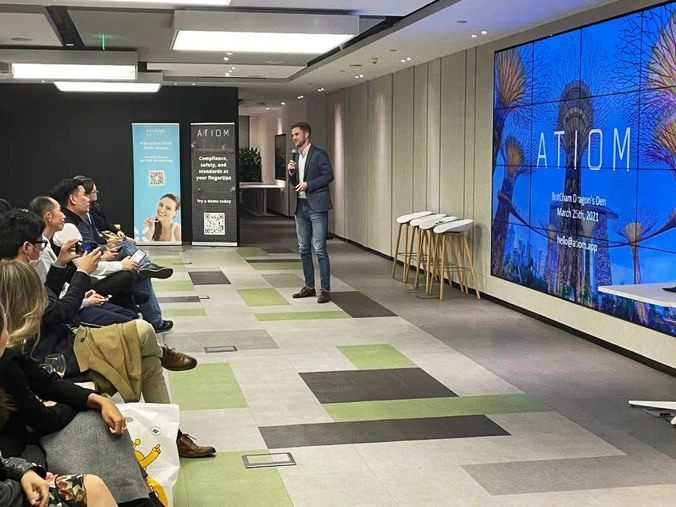
Their journeys in starting, building, and scaling the business has not come without any difficulties. As all founders explained on the panel, challenges are part of the whole startup experience and there are more failures than success. And if you think something will go wrong, it eventually will sooner or later. However, an important point that all the speakers echoed was powering through, never giving up, being nimble and making constant iterations. Running a startup in China can, especially, be more challenging for founders as they have to juggle between the China ecosystem and the overseas market, and policy changes in China can come out of nowhere and threaten the entire existence of the business. Our panellists stressed on the need to remaining focused yet having a Plan B if things do sideways.
The China Speed
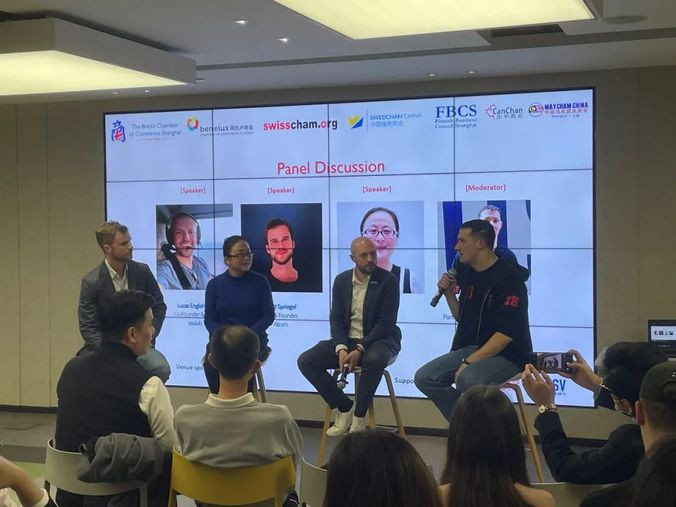
Over the course of the discussion, our moderator and panellists touched on an interesting topic of assessing what makes the Chinese startup ecosystem different from that of the United States. The short answer: speed! The three of the four people in the panel have in some capacity worked with or in both ecosystems and agree that the speed at which things move in China is much faster than in the US. As Matt puts it, startups do not need to adhere to labels in China. Startups can launch a beta product without actually having to call it a beta. As long as you provide value to customers, they will be willing to pay.
Another point of contention is the chaotic nature of working in China, as Shirley points out. Regulations and policies may come out of nowhere, which adds an extra layer of complexity but also forces startups to work and be willing to make constant changes. Being a startup founder requires a strong heart.
Drawing from his own experiences of running startups in China and investing in hundreds of startups across the world, moderator Oscar Ramos believes that the welcoming nature of the Silicon Valley ecosystem in promoting diversity versus the speed at which products are launched and iterated in China make the two ecosystems different. He recalls the earliest version of Mobike, which was heavy to use and had a lot of bugs. But eventually, with constant iterations and updates, the app managed to draw hundreds of millions of users because it was solving a major pain point that the consumers experienced. Regardless of Mobike’s eventual demise, it is still a good reminder of how fast things can potentially move in China. He also recalls how as a startup founder, he managed to get an engineer to build a prototype in one afternoon, which could potentially take days or even weeks in other parts of the world.